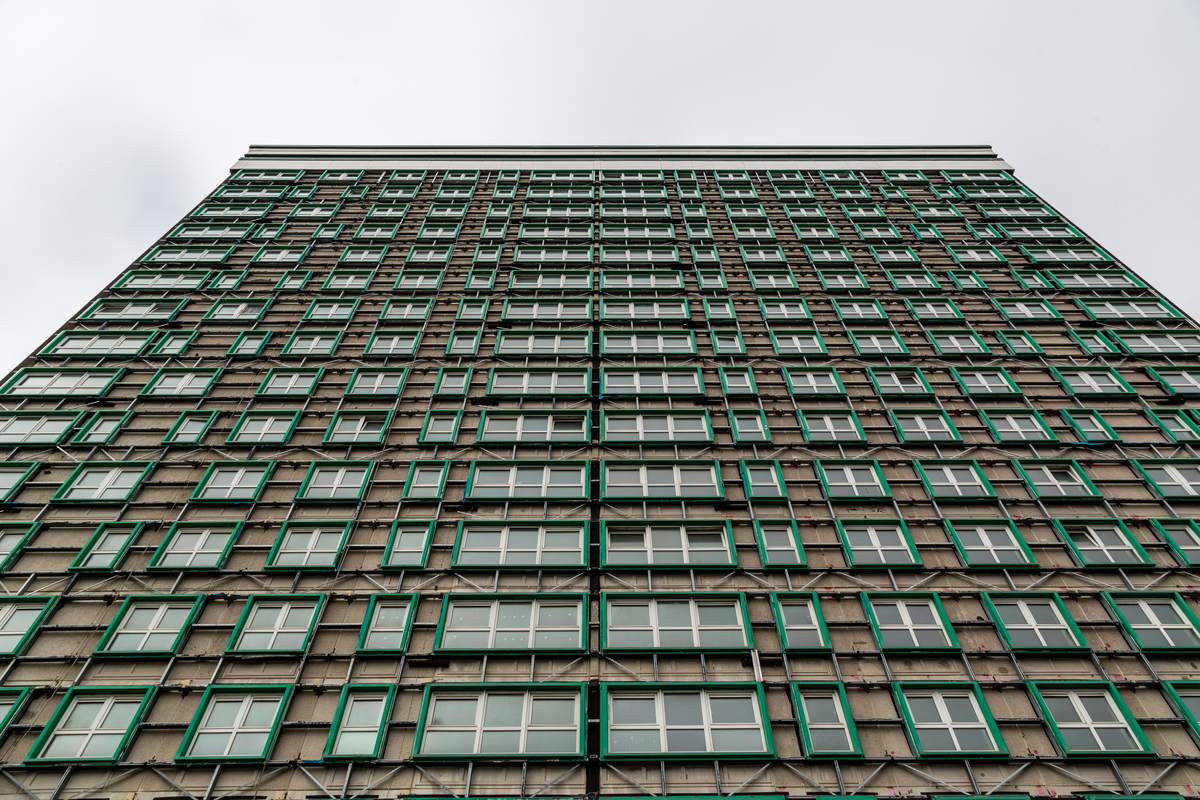Dear visitor,
You're reading 1 of your 3 free news articles this quarter
Register with us for free to get unlimited news, dedicated newsletters, and access to 5 exclusive Premium articles designed to help you stay in the know.
Join the UK's leading credit and lending community in less than 60 seconds.
Concern over threat cladding crisis poses to financial stability
The Bank of England (BoE) is reportedly urging lenders to audit their exposure to homes that might be unsellable.

Senior Journalist, covering the Credit Strategy and Turnaround, Restructuring & Insolvency News brands.
According to the Financial Times, the UK’s central bank is increasingly concerned about the impact of the cladding crisis on financial stability. Three people with knowledge of the situation also told the outlet that the BoE has been pressuring lenders to audit their exposure to homes that might be unsellable.
BoE watchdog the Prudential Regulation (PRA) is, according to one of the people, said to believe the government has not yet grasped the scale of the cladding crisis and expects the costs to mortgage lenders to be larger than those outlined so far. The PRA declined to comment when the Financial Times reached out.
The cladding crisis is set to hit many owners of property with potentially unsafe cladding - either for work to fix defects or to maintain temporary fire safety measures. In his autumn budget, the chancellor confirmed a £5bn scheme to remove unsafe cladding from properties.
This, he said, would be partly funded by a Residential Property Developers Tax, which will be levied on firms with profits of over £25m at a rate of four percent. The £5bn figure is however believed by some to be less than the sums that would be required to get through this work.
Ahead of the budget, law firm Irwin Mitchell published a 10-point plan to take action on cladding and fire safety concerns, with a minimum of £15bn believed to be required. And until this work is fully costed or completed, valuers won’t be able to assess the worth of a property.
According to the Financial Times, one person who’s familiar with the PRA’s thinking said its worries had been stoked by the fact that “the bills have started coming in” for repair work. They added: “That has impressed on them that this [cost] is a far higher chunk of the overall value of the property than the government has anticipated.”
As such, the regulator is said to be urging mortgage lenders to conduct thorough audits of their loan books to determine how much capital is at risk as a result of the crisis.
Stay up-to-date with the latest articles from the Credit Strategy team
Get the latest industry news






